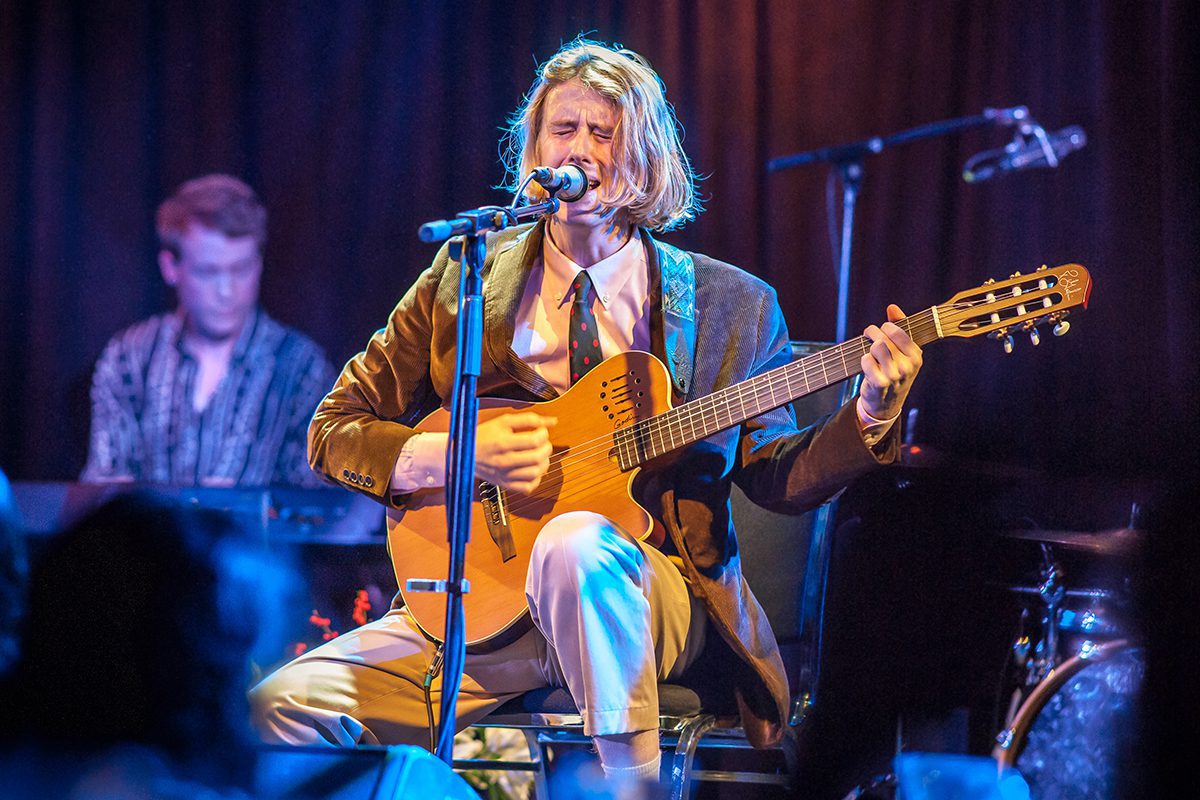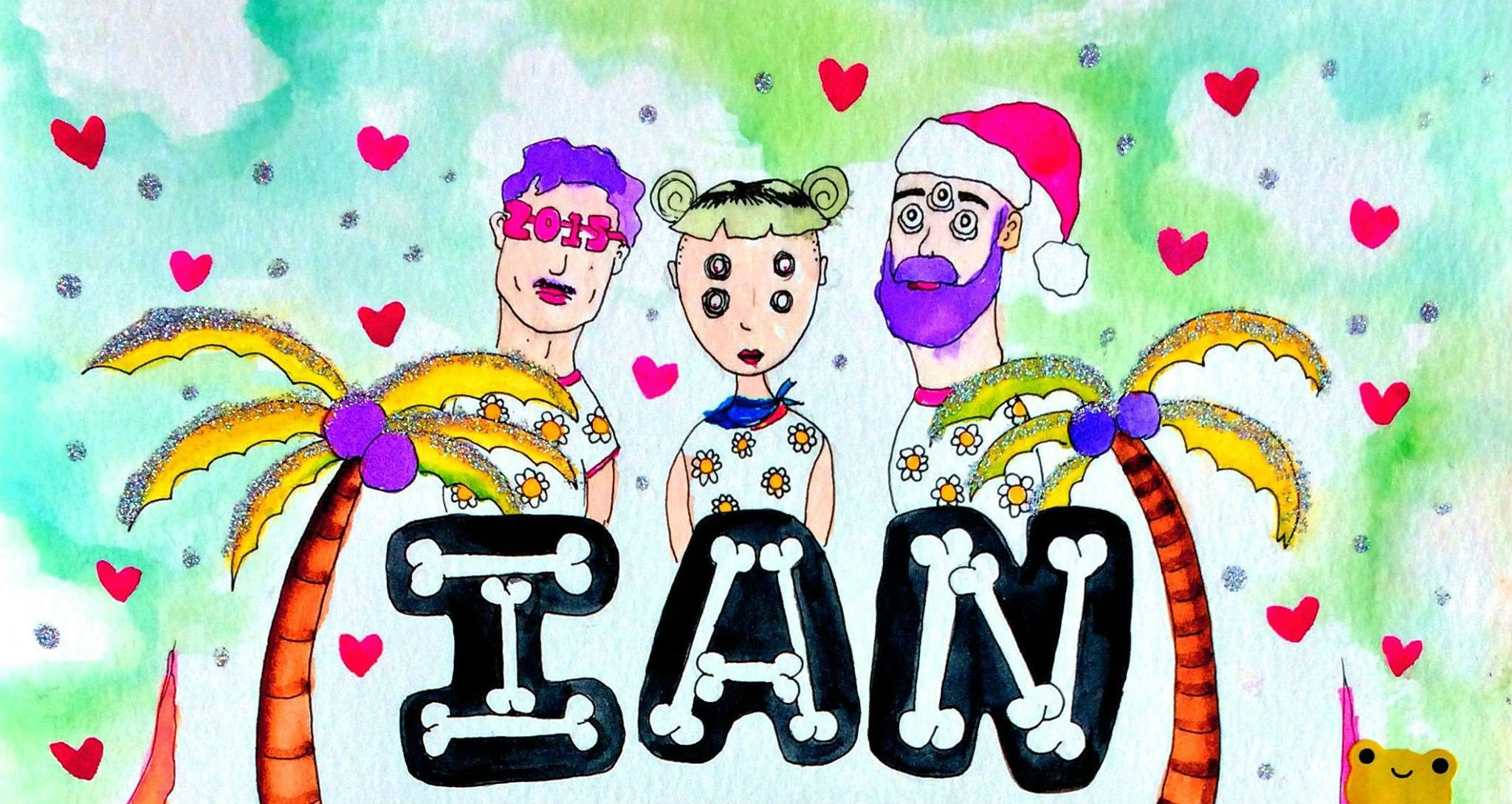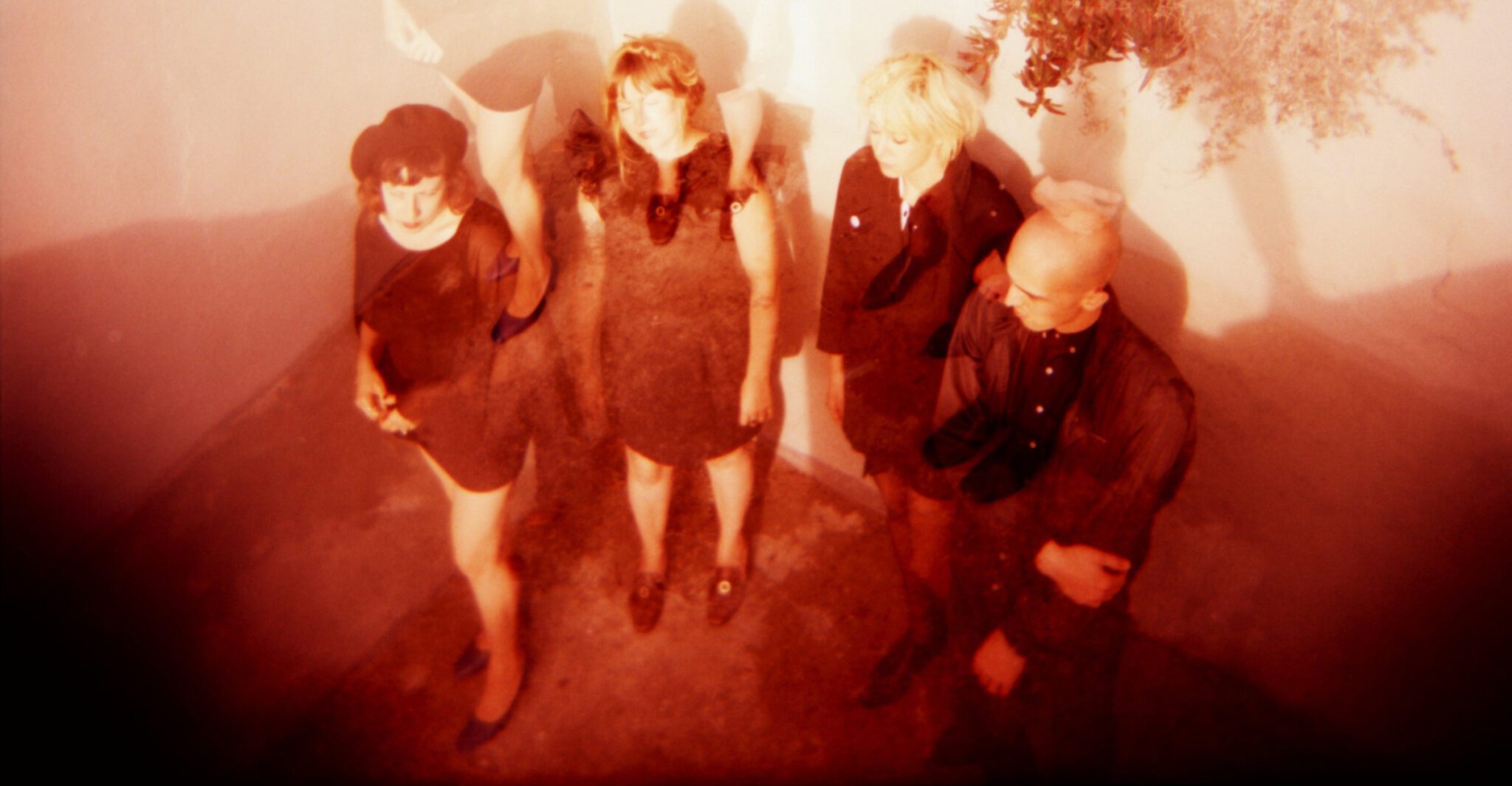Life After Girls: The Rebirth of Christopher Owens

In January, Fat Possum will release Lysandre, the debut record of Christopher Owens. Owens will then play two back-to-back shows at Bowery Ballroom. In all likelihood, these shows will sell out. The reason that the music world is waiting so eagerly for this particular singer/songwriter’s first solo record is because Christopher Owens is best known as half of highly celebrated indie rock band Girls.
[fusion_builder_container hundred_percent=”yes” overflow=”visible”][fusion_builder_row][fusion_builder_column type=”1_1″ background_position=”left top” background_color=”” border_size=”” border_color=”” border_style=”solid” spacing=”yes” background_image=”” background_repeat=”no-repeat” padding=”” margin_top=”0px” margin_bottom=”0px” class=”” id=”” animation_type=”” animation_speed=”0.3″ animation_direction=”left” hide_on_mobile=”no” center_content=”no” min_height=”none”]

Formed in San Francisco 2009 with bassist and producer Chet “JR” White, Girls became a huge and nearly instantaneous success. Part of the fascination no doubt stemmed from Owens’ intriguing personal history, having been raised in the Children of God cult until he was sixteen. But it was the songs that the duo created that kept audiences enthralled, their pop simplicity resonating with fans and critics alike. The effortless, often sunny chords and uncomplicated lyrics, simultaneously fun and dark, characterized the three releases the band would produce over the next few years – Album in 2009, Broken Dreams Club in 2010, and 2011’s Father, Son, Holy Ghost – before Owens announced via Twitter last summer that he would be leaving the band. Now, six months later, Owens will make good on his promise to continue to write, record and play music, but this time, he’s on his own.
With Owens poised to take this leap, what can fans expect? Oddly enough, Lysandre is a strange little epilogue to the Girls saga; it’s a loosely themed tour diary of the band’s first international outing, during which Owens met and fell in love with the French girl the album is named for. It features all the sentimentality one might see coming with such a synopsis – he describes the tender details of their first encounters and the painful realizations he came to as it ended. And in between he questions his validity as a songwriter, marvels at the cities of the world, and swoons about a million times over, all in the key of A.
I caught what I considered a slightly more than mildly awkward solo performance a few weeks ago at Le Poisson Rouge, only his second solo appearance. That’s using the term ‘solo’ a bit loosely since he was accompanied by a sort of sad looking plant, a keyboardist, a drummer, two back up singers (one of which is his new love interest) and a wizard-esque, white-bearded woodwind player who was literally playing a different instrument almost every time I looked at him. More often than not, he trilled the recurring “Lysandre’s Theme” on his rather jazzy flute. Owens and company proceeded to play his record from beginning to end, signifying further Owens’ clear intention to present the work as a whole rather than as a set of separately satisfying and sonically distinguished gems in the manner of his work with Girls. While this is admirable in its ambition, it made the material a bit harder to digest, especially coming from someone who has shown a bit of a genius as far as composing perfectly pitched pop nuggets is concerned.
The performance was awkward because everyone wanted Owens to succeed. There’s no denying Owens as an artist and when he left Girls he left the world hungry for great records that could have been. But it’s also frustrating to know that he has chosen to make indulgent and somewhat gawky folk music when he’s capable of exploring the same themes in a far more palatable way. It’s more than a little uncomfortable to watch someone coming to terms with a painful past, confronting strange desires and issues of inadequacy. It wasn’t that the music he made under the Girls moniker was less raw or honest, but the sonic intricacies of his former project provided a more clever mask for its coarser sentiments. Without that veil, Owens’ musings tend to go from earnest to embarrassing.
A perfect example of that came about halfway through the set, when Owens performed “Love Is In The Ear Of The Listener”. The lyrics are a series of questions posed from songwriter to himself regarding the necessity and worth of his work, but it sounds like something an aspiring fifteen-year-old poet might write. He wonders if everyone’s tired of hearing love songs, if he’s just a bad songwriter in general. It came across like a questionnaire Owens might send to blogs with promo copies of Lysandre, and even had the audience chuckling at certain lines. It’s entirely possible that Owens is going for a tongue-in-cheek exploration of his insecurities. It could be that he’s not actually worried about his abilities at all; someone with Owens’ degree of critical acclaim must feel that he can’t totally fail. The conclusion he comes to in the song is that it doesn’t matter anyway since he’s doomed to write what he feels regardless of what people want or expect. In this way, it acts as a sort of disclaimer for the entirety of the new material, a challenge even.
Owens closed out the set with an encore of iconic covers from Bob Dylan, Simon & Garfunkel, Cat Stevens, The Everly Brothers, and Donovan. By this point I was almost embittered enough to yell out “Cover a Girls song!” knowing that it would be completely inappropriate and even unfair to do so. But the whole thing felt like Owens had left Girls to become a glorified wedding singer – and the tables LPR had set up around the stage did nothing to diffuse that impression. Owens picked celebrated songs that definitely seemed autobiographical, communicating his fears of striking out on his own (“Wild World”), holding specific relevance to his break from JR White and Girls (“Don’t Think Twice It’s Alright”), and fleeing from the only family he knew when he was still a teenager (“The Boxer”) but also belie his fascination with classic love songs (“Let It Be Me”) and folksy caricature (“Lalena”). If these celebrated songwriting heights act as reference point for Owens’ aspirations, his goals certainly cannot be loftier. One can almost parse the moments when Lysandre makes good on these objectives but the record I’ll be more excited to hear will chronicle this current solo voyage, rather than act as a sentimental look back at the artist’s time with a band I’ll miss for a while still to come.
[/fusion_builder_column][/fusion_builder_row][/fusion_builder_container]




